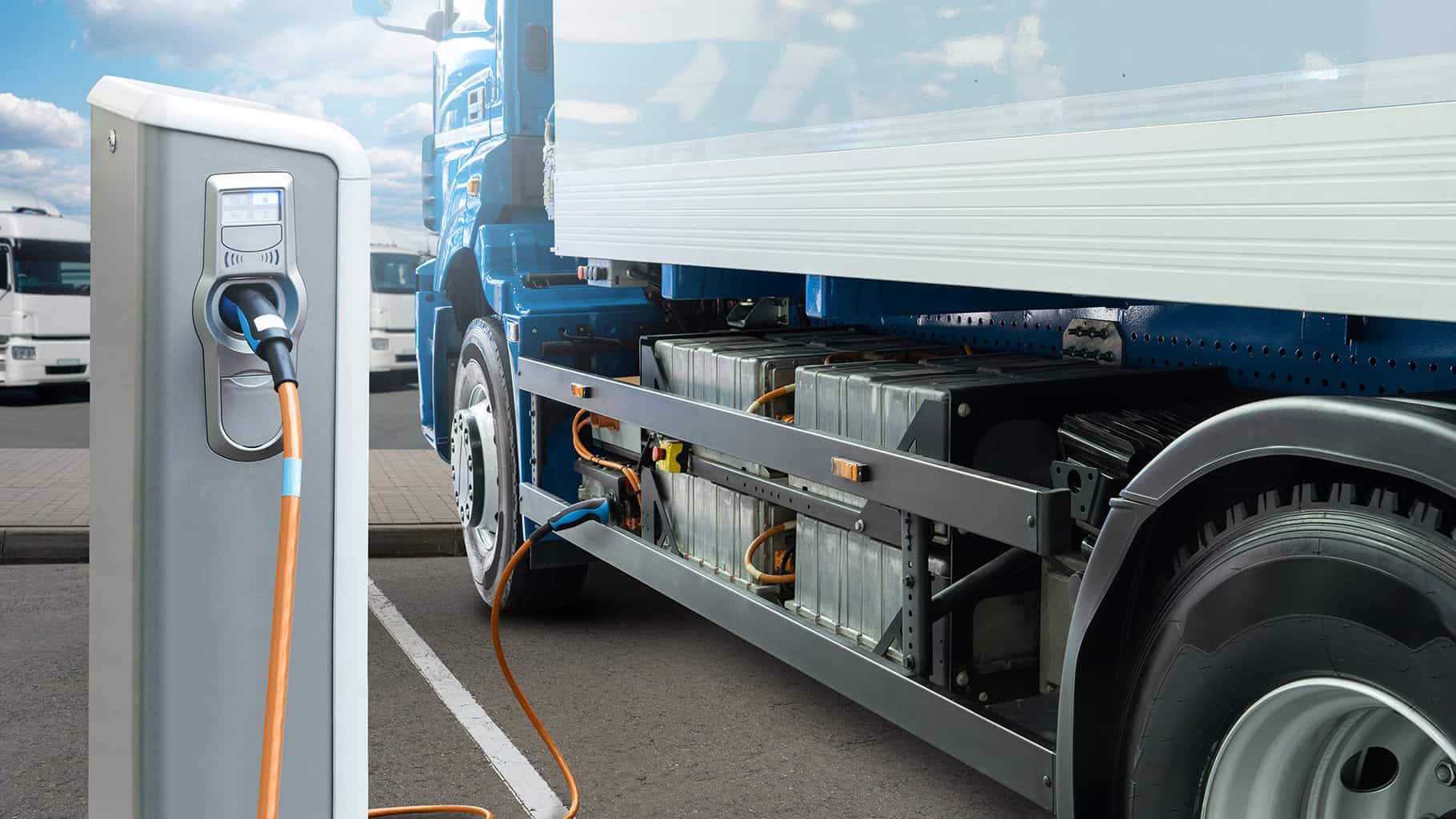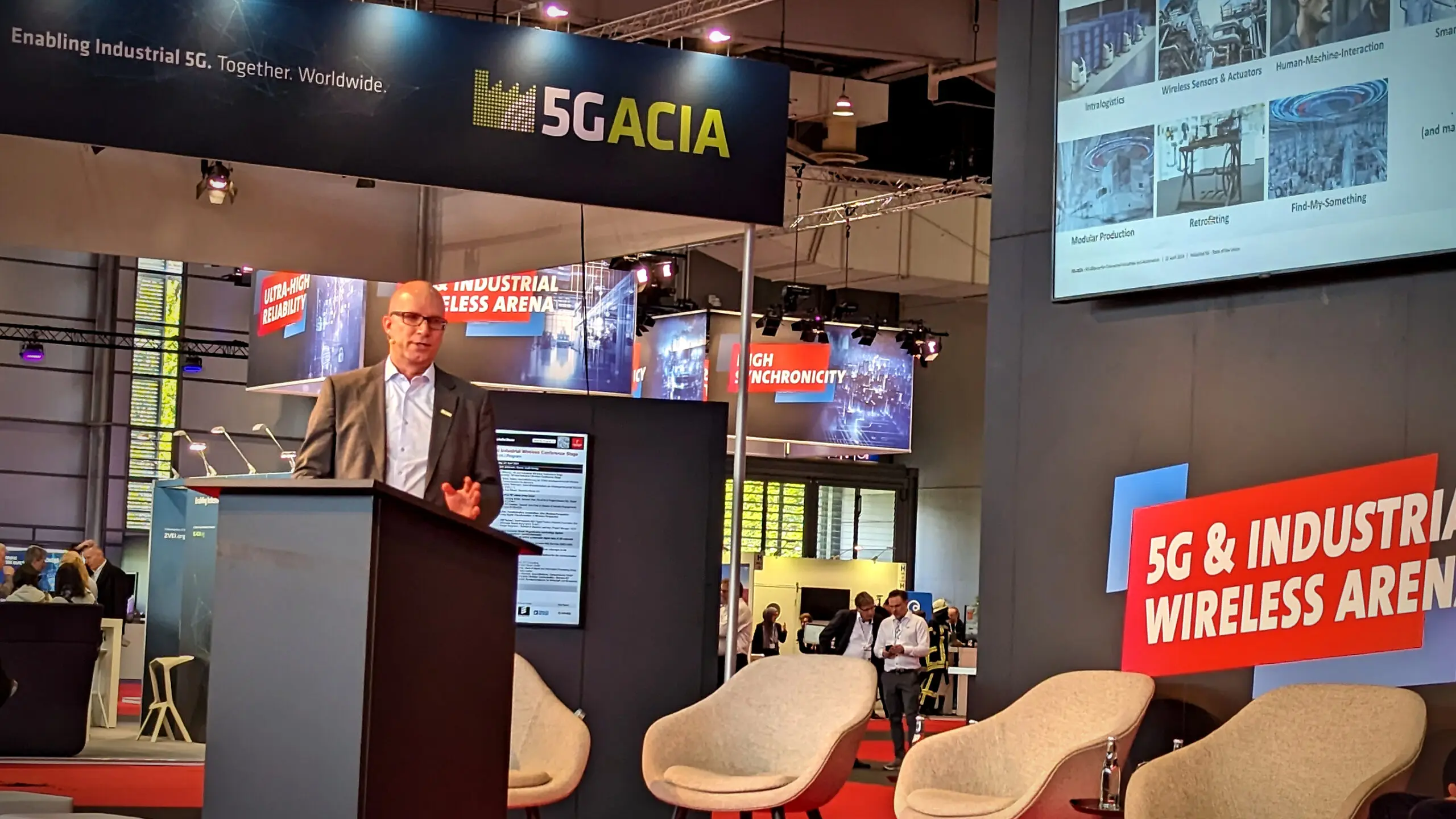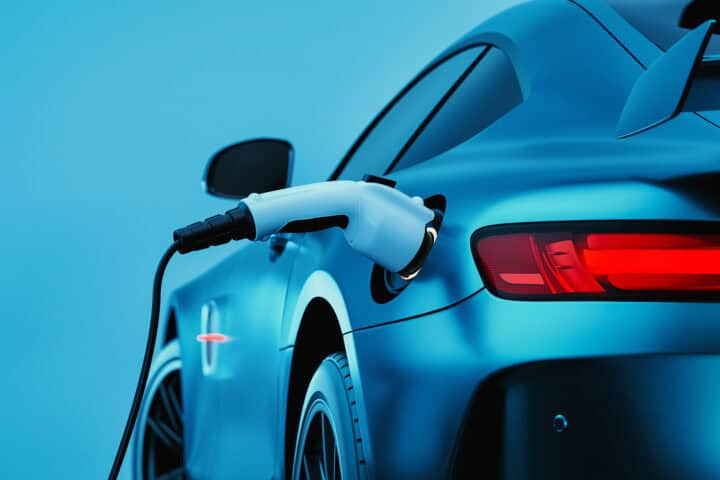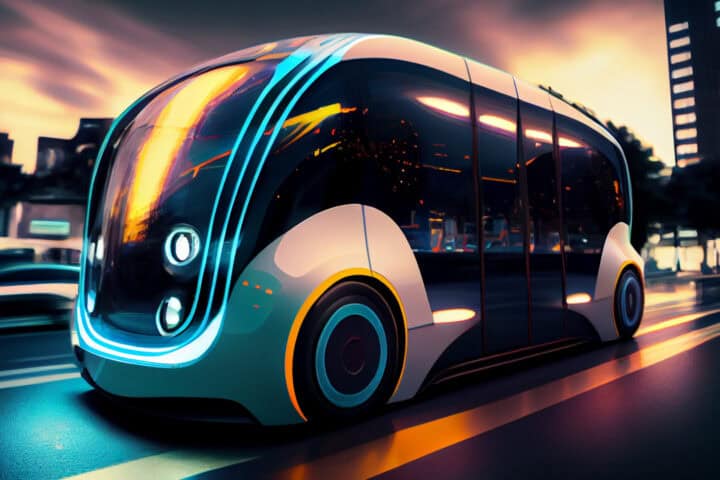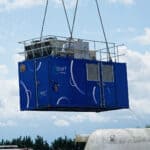A University of Michigan study delves into the transformative potential of combining electrification and automation in long-haul trucking [ Electric Trucks ], aiming to mitigate urban health impacts and ecological harms. Lead author Parth Vaishnav, from the U-M School for Environment and Sustainability, highlights the substantial benefits, estimating over $500 million in annual savings in environmental costs through the synergy of electric trucks and automation.
The study underscores the viability of existing technologies, emphasizing the minimal efficiency penalty associated with standard battery sizes for electric trucks. Policy implications are significant, especially amidst the Biden administration’s focus on large truck regulations, calling for robust charging infrastructure and tailored grid reinforcement.
Furthermore, the study advocates for innovative solutions, such as repurposing brownfield sites for trucking infrastructure, to leverage the full potential of electrification and automation. By targeting routes strategically and harnessing existing technologies, the trucking industry can achieve significant progress in addressing environmental challenges while ensuring a sustainable future.
A University of Michigan study has demonstrated the ability of combining automation and electric trucks to lessen long-haul trucking’s negative effects on urban health and environmental health.
According to the study, combining electric trucks and automation could save more than$ 500 million in environmental costs annually.
Lead author Parth Vaishnav, assistant professor at the U-M School for Environment and Sustainability, explained: “It’s the second study we know of that instantly studies a realistic model of automation and a realistic model of electrification—things that are possible in the near term—and assesses their environmental benefits. ”
The Intersection of Electric Trucks and Automation in Long-Haul Trucking
The comparable nature of these innovations led to the choice to concentrate on automation and electrification. Although electrification is possible for shorter routes, issues arise with longer distances because of battery technology limitations.
Likewise, automation excels in interstates but faces hurdles within industrial environments. The study aimed to focus on areas where tailpipe pollution poses the greatest threat to public health by combining electrification for industrial segments with automation for highway driving.
By implementing automation and electrical trucks, the investigation found substantial reductions in greenhouse gas damage and air pollution. Electric trucks alone can reduce air pollution and greenhouse gas damage by 13 %, saving $587 million annually for routes below 300 miles.
On longer routes exceeding 300 miles, electrification of urban segments through hub-based automation of highway driving can yield a remarkable 35 % reduction in damages, amounting to $220m annually. Vaishnav noted that the integration of both technologies provides a simultaneous approach to address the issues that long-haul trucking poses.
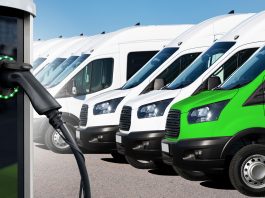
Optimizing Efficiency: Balancing Battery Size and Truck Performance in Electric Trucking
Vaishnav acknowledged a typical issue with the relationship between battery size and truck efficiency.
The study finds that this efficiency penalty is minimal, just 3 %, which suggests that standard battery sizes can be achieved without sacrificing performance.
Paving the Way: Policy Implications and Innovations in Electrification and Automation for Long-Haul Trucking
In light of the Biden administration ’s focus on large truck regulations, the study emphasises the enormous benefits of electrification yet with existing technology.
However, the creation of a solid charging infrastructure and grid reinforcement that is customized to trucking needs is essential to realize these advantages of electric trucks.
However, the study suggests opportunities for regulation and functional innovation, such as repurposing brownfield sites for trucking infrastructure, demonstrating the potential for creative solutions to address environmental challenges.
The University of Michigan study highlights the transformative potential of incorporating electrification and automation into long-haul trucking.
Significant progress can be made in reducing urban health impacts and ecological harms brought on by freight transportation by effectively targeting routes and utilizing existing technologies.
The study provides useful insights into harnessing innovation to create a lasting and successful trucking industry as policymakers navigate the landscape of large truck regulations.

